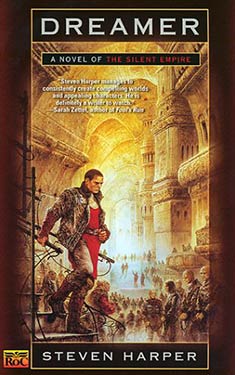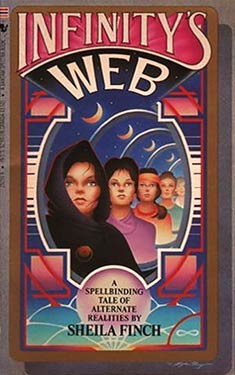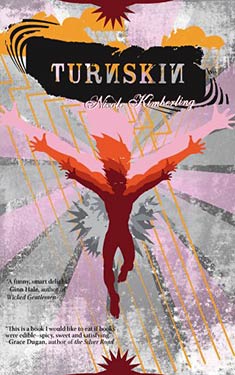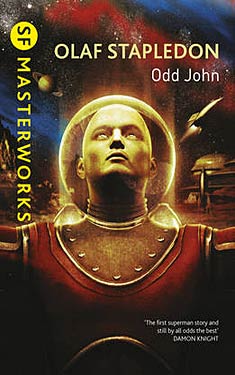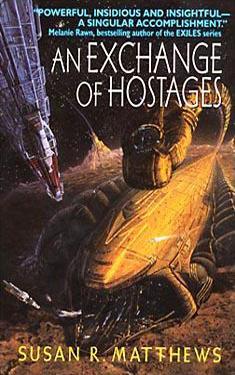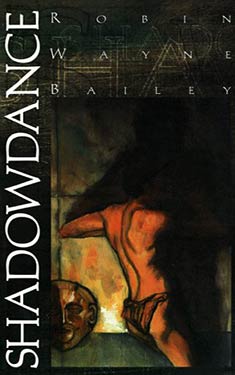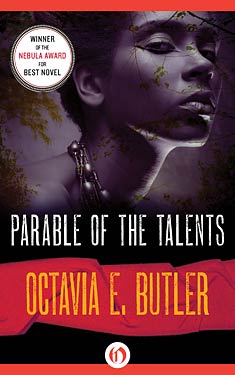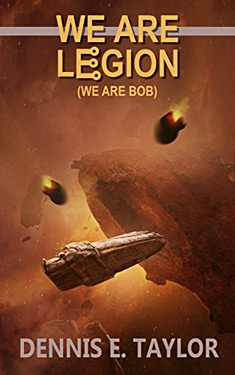Steven Harper
Completed 5/29/2018, Reviewed 5/29/2018
4 stars
A Silent is someone who can go to a mental plane, called the
Dream, where they can communicate by thought over thousands of light-years. It’s the author’s answer to faster than light
communication, and his universe is built on this technology. But something is tearing apart the Dream,
threatening civilization as it has developed.
It’s a great concept and is excellently played out in this fast-paced novel. The book ropes you in quickly and holds you
captive until the exciting climax. I
thoroughly enjoyed this novel.
The plot is a bit more complicated than my one-liner above. Ara is the captain of a spaceship and a
Mother Adept, that is, a Silent who has advanced in the hierarchy of the Silent
monastery. She takes along Kendi, Ben,
and a small group of others in search of a boy who seems to be a super-Silent,
someone who can actually possess other people with his telepathic powers. He may be causing a dark disruption in the
Dream. Their goal is to get him for the
Empress before other government and corporate powers get to him first. Their fear is that he can be used as a weapon
and may actually destroy the Dream. And
if the Dream is destroyed, a horrible despair may descend on the citizens of
the galaxy, Silents and ordinary people alike.
Sejal and Kendi are the main characters. Sejal is the boy everyone wants to find. He lives with his mother on the planet Rust,
so named because of its red oceans. Unlike
most Silents, he doesn’t know he is one.
But he knows he has some power over people which gets him out of scrapes. He’s a busker with his flute, trying to earn
some money for his mother.
Unfortunately, he begins to find other ways to make more money. Kendi is a fairly powerful Silent on Ara’s
ship that finds Sejal. Upon seeing him,
Kendi thinks he might be his long-lost nephew, putting himself and his crew in
danger trying to capture Sejal. But it
turns out that Sejal is not the reason for the blackness that is destroying the
Dream. It’s something much more
nefarious.
The narration bounces around between Kendi, Sejal, Ara, and
a few others’ points of view, but the voices are kept pretty consistent. I had no trouble following the
narration. In fact, some of the best
passages are Sejal’s journal entries. I
keep saying boy, but he’s actually a teen with some pretty big issues. Sometimes the book reads like a YA novel, but
mostly because we get Sejal’s POV fairly often.
The prose isn’t tremendous, but the action makes it highly
readable.
There were times when I felt like the author was doing a science
fiction retelling of “The Never Ending Story”, with the blackness destroying
the Dream. But I never read “Story”, I’ve
just seen the movie, and it was years ago.
My memory fails in the comparison other than the overall plot. Even if it is a retread, it’s still a really
good retread. I give this book four
stars out of five. It’s not great
literature, but it’s an exciting, quick read with likeable characters in a
really interesting universe.
